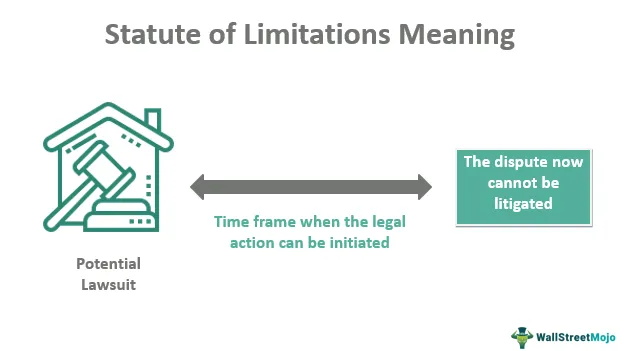misc
A Breakdown Of The Statutes Of Limitations For Different Types Of Personal Injury Cases

You can file a personal injury lawsuit if you are injured or harmed due to another person or entity’s wrongful or negligent actions. This lawsuit usually seeks compensatory damages for financial losses as well as intangible impacts, such as emotional distress from your injuries.
That said, while it is within your rights to sue the liable party, there’s a maximum time limit for how long you can wait. This time restriction, often referred to as a statute of limitations, dictates the maximum duration within which you can bring a lawsuit or commence legal proceedings against another party.
So, what are the statutes of limitations for different types of personal injury cases?
Statutes for Most Personal Injury Cases
In most personal injury scenarios, such as construction, auto, bike accidents, slip and falls, or bus, it’s imperative to initiate your case within a two-year window from the date of the injury occurrence. Failing to do so may result in forfeiting your entitlement to pursue compensation. Indeed, the defense may reference the statute of limitations to have your case dismissed if you wait beyond this timeframe.
So, what happens if your negotiations for a settlement haven’t borne fruit and you are approaching two years? In this case, your attorney will file a lawsuit in a proper court to preserve your right to bring a claim.
Medical Malpractice Cases Are A Little Different
While most cases allow up to two years, medical negligence cases usually have a shorter statute of limitations. That’s why you don’t want to stall at all. That said, a Notice of Right to Arbitration served before the year lapses will temporarily stop the timer to give you more time to file your suit.
When the Defendant is an Administrative Body
If the entity responsible for your injuries is a government body, you can’t sue more than 6 months after the injury occurred. Basically, you need to file a compensation claim with the institution within half a year of injury. But if they deny your claim, you can go ahead and file a claim in court within another half a year of denial.
Can Statute of Limitations Be By-Passed or Extended?
Yes, in some instances, the statute of limitation can be stalled or extended. For instance:
- The victim is under the age of 18.
- The liable party is not in the state.
- The injury is not discovered immediately (the statute starts counting after the discovery).
Get a Lawyer to Navigate the Statute of Limitation for Your Type of Personal Injury Case
An accident caused by someone else’s negligence can greatly impact your life. Aside from the considerable cost of medical treatment, it can also reduce or take away your earning capacity. That ‘s why it’s important to understand the statutes of limitations for different types of personal injury cases. That said, ensure you get an attorney to prepare your case as soon as possible while you focus on your recovery to avoid exceeding the statute of limitations.





















































